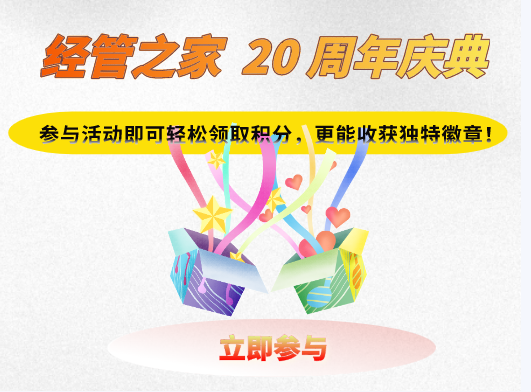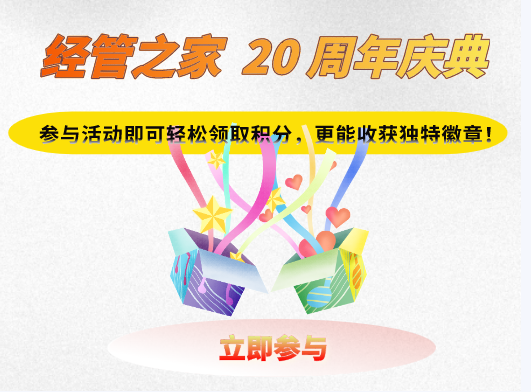The announcement that 83-year-old Chinese liberal Mao Yushi has been named the winner of the 2012 Milton Friedman Prize for Advancing Liberty, awarded every two years by the Cato Institute, could not have come at a better time. With the once-in-a-decade leadership change, the ousting of Chongqing party boss Bo Xilai for his "Red Culture campaign", and Premier Wen Jiabao's call for "political structural reform" in order "to fully institute economic structural reform," China is at a crossroads.
A reversion to Maoist slogans and personality cults could throw China back into a new Cultural Revolution. To avoid such a tragedy, Wen has called for greater transparency and a move toward democracy. He has noted that the Chinese Constitution now recognizes the importance of the private sector and that the Property Law gives protection to private property. What he doesn't say, however, is that as long as the Communist party has a monopoly on power no one will have the certainty of the law to safeguard individual rights.The test of Wen's commitment to institutional reform will be whether the party elite allow a humble economist to travel to Washington to receive the Friedman Award on May 4, or whether there will be an empty chair.
Mao Yushi is the founder and chairman of the Unirule Institute of Economics in Beijing and a strong proponent of market liberalism. His "big idea," which he learned from painful experience, is that economic and social harmony is best achieved from the bottom up — through freedom and a just rule of law. Harmony has to be spontaneous; it can't be forced.
Unlike his namesake, Mao Zedong, who adhered to a state-led development model in which prosperity was to be achieved via central planning and control, Mao Yushi has long advocated individual freedom and private property rights as the stepping stones toward peaceful development and civil society. Property protected by law gives people a voice. Liberty comes first, democracy second.
In addition to establishing the Unirule Institute with several other economists in 1993, as a private, independent think tank, Mao established the Fuping Development Institute to provide micro-credit and help teach poor people how to make the transition to a market economy and lift themselves out of poverty.
Similar to the great Chinese liberal Lao Tzu, Mao Yushi's goal is to limit state intervention in economic and personal affairs so that the people themselves can prosper. A former engineer, he became interested in economics when Deng Xiaoping began to open China to the outside world in late 1978. In 1998, Mao commissioned a Chinese translation of F. A. Hayek's The Constitution of Liberty, and many top liberals met at the Unirule institute to discuss Hayek's ideas — especially the idea of spontaneous order.
Mao Yushi knew from firsthand experience during the Great Leap Forward and the Cultural Revolution that central planning was deeply flawed, and that when a person's economic freedom and property are taken away, the inequality of power deepens.
As an intellectual, he was purged from the Communist party during the Anti-Rightist Campaign in 1957. He lost his status and his job as a railroad engineer. He saw the absurdity of ignoring comparative advantage as China sought to be the world's largest steel producer, diverting resources to backyard blast furnaces that produced unusable steel while crops rotted in the fields and millions died of starvation. And he lost his property when Chairman Mao's Red Guards plundered people's homes and possessions in the late 1960s.
In the 1980s, Mao was invited to rejoin the Communist party but refused. He has been outspoken in his criticism of the party's monopoly on power and the suppression of human rights. He is a signatory of Charter 08. Nobel Peace Prize winner Liu Xiaobo has said that Mao Yushi's "bravery is worthy of our respect." In his essay "Liberalism, Equal Status and Human rights," Mao argued that all people should be treated equally under the law, and the law should be used to safeguard human rights, not to suppress the people.
More recently, in his essay "Returning Mao Zedong to Human Form," which appeared on Caixin online (until it was banned), Mao Yushi wrote that Chairman Mao should be subject to open criticism and not be viewed as a god. He told National Public Radio that Mao was responsible for killing more people than Hitler and Stalin. And he has called for removing Mao's picture from Tiananmen and from the Chinese currency.
Most important, Mao Yushi has called for freedom of expression. A country that controls thought can't be a great country. If China chooses Mao Yushi's path of less government power and more freedom, its future will be bright. If it chooses state capitalism and corruption, the goal of a "harmonious society" will fall into the dustbin of history.




 雷达卡
雷达卡





 提升卡
提升卡 置顶卡
置顶卡 沉默卡
沉默卡 变色卡
变色卡 抢沙发
抢沙发 千斤顶
千斤顶 显身卡
显身卡








 京公网安备 11010802022788号
京公网安备 11010802022788号







